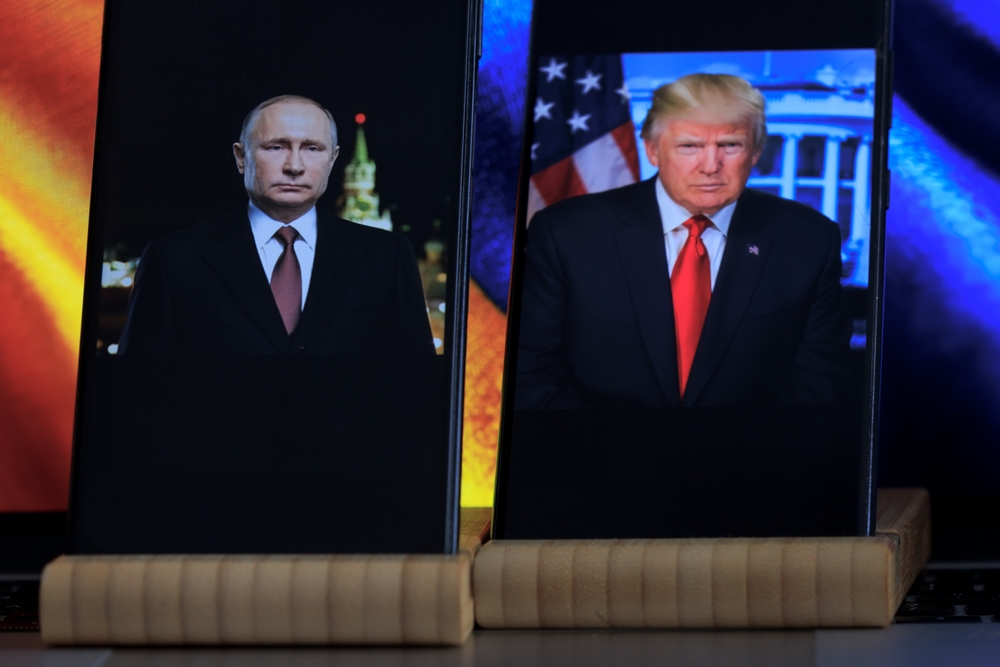Leaders Urge Common Ground for Ukraine
In an effort to influence the outcome of Friday’s meeting between U.S. President Donald Trump and Russian President Vladimir Putin in Alaska, key European leaders held a video call with Trump while Germany hosted Ukrainian President Volodymyr Zelenskyy in Berlin. European Commission President Ursula von der Leyen said the EU, U.S., and NATO had “strengthened the common ground for Ukraine” and would maintain close coordination.
The EU’s diplomatic push aimed to emphasize the bloc’s desire for peace, brief Trump on Russia’s suspected motives, and warn against conceding Ukrainian territory during negotiations. Ukraine and its allies urged a ceasefire before any talks with Russia. Trump acknowledged the request, though he has not made it a precondition.
Potential for Future Trilateral Talks
While Zelenskyy will not be present in Alaska, Trump indicated a possible future trilateral meeting with Putin and Zelenskyy in a neutral European country, a suggestion supported by French President Emmanuel Macron. Trump reiterated that no territorial concessions would occur without Zelenskyy’s participation. Although Trump remains opposed to Ukraine joining NATO, experts suggest the U.S. may consider alternative security guarantees.
Economic and Humanitarian Demands
Ukraine and the EU expect the U.S. to press Russia to contribute to reconstruction costs, estimated between $500 billion and $1 trillion. Advocates want a portion of this funding to come from frozen Russian assets, about €200 billion of which are in Belgium’s Euroclear bank. Additional priorities include securing the return of thousands of abducted Ukrainian children, repatriating prisoners of war, and imposing secondary sanctions on Russia if it refuses a ceasefire.
Concerns Over U.S. Commitments
Despite cautious optimism after the call, European leaders fear Putin could persuade Trump to limit U.S. military aid and intelligence sharing with Ukraine. Another concern is a potential U.S. troop withdrawal from Europe, which could weaken NATO’s eastern defenses. Analysts warn that Russia may use the talks to encourage a reduced American military presence, a move complicated by the U.S.’s ongoing global force posture review.
Experts note that any U.S. drawdown in Europe would require European nations to strengthen their own defense capabilities, particularly in eastern member states, to maintain deterrence against Russian aggression.


